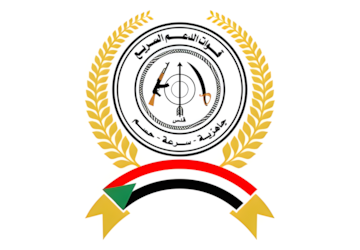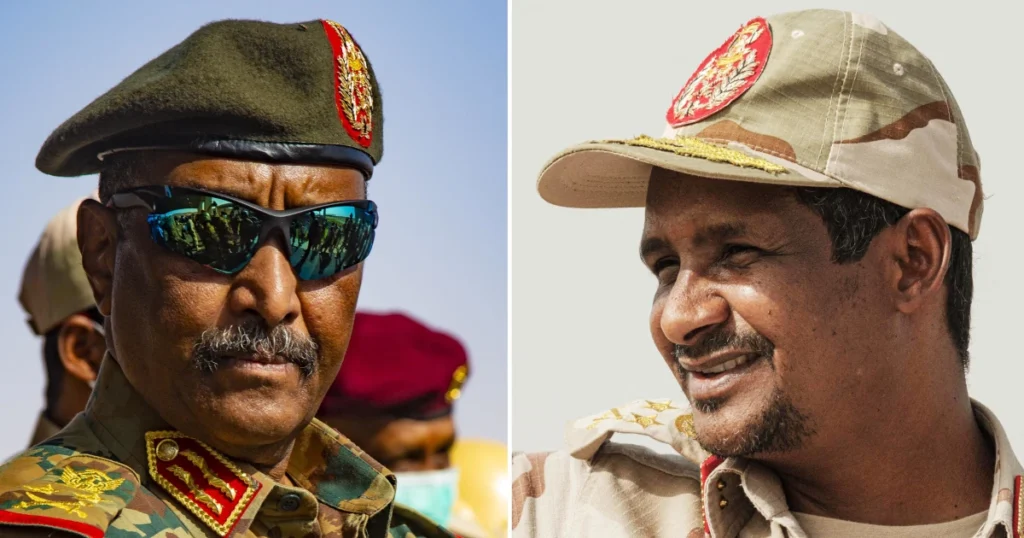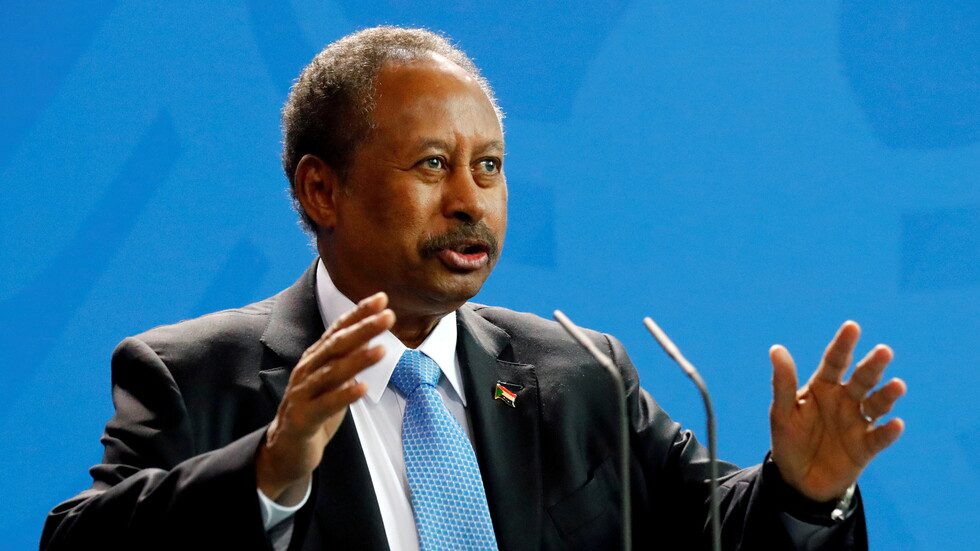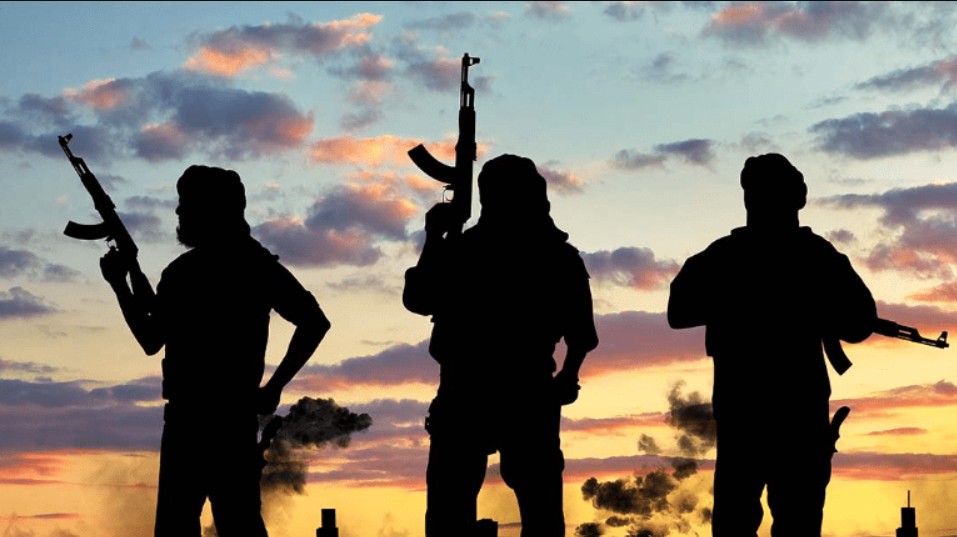
The United Nations called on Tuesday for the Sudanese army and the Rapid Support Forces (RSF) to implement the outcomes of the Jeddah meeting concerning “protecting civilians and ensuring unhindered humanitarian access.”
This statement was released by the United Nations Humanitarian Coordinator in Sudan, Clementine Nkweta-Salami.
On Tuesday, the Jeddah meeting in Saudi Arabia resulted in commitments by the conflicting parties in Sudan, notably establishing a mechanism for communication between the leaderships of the army, and the RSF, and engaging in a humanitarian mechanism, as well as designating contacts to facilitate the passage of humanitarian workers and aid.
However, the consultations of the two parties in Jeddah did not lead to “agreements to implement a ceasefire,” according to a statement from the Saudi Ministry of Foreign Affairs.
The statement by the UN official stated: The Statement of Commitments adopted in Jeddah today by the parties to the conflict in Sudan marks a moment of truth for the country. The promises made by the Sudanese Armed Forces (SAF) and RSF – to protect civilians and provide unimpeded humanitarian access – are promises that must be kept.”
“The tangible commitments agreed by the SAF and RSF today must now be followed by immediate and tangible actions. It is critical that the obstacles – bureaucratic and otherwise – that keep us from delivering life-saving relief at speed and at scale are cleared away once and for all.” The statement added.
The Humanitarian Coordinator emphasized that there must be “reliable guarantees from all parties to ensure that relief items, humanitarian workers and assets can move safely across conflict lines.”
Previous negotiations between representatives of the army and the RSF in Jeddah resulted in the Jeddah Declaration in May, containing humanitarian commitments and applying immediately governing terms. However, talks stalled in June due to “serious and repeated violations” of the ceasefire.
The war erupted between the Sudanese army and the RSF in mid-April, resulting in over 9,000 deaths and nearly 6 million internally and externally displaced individuals, according to the United Nations.




